
"Hello everyone. I'm Michael Jordan, and I'm here with Hillary."
It was the final night of the raucous 2016 Democratic National Convention, and nearly everyone was in on Kareem Abdul-Jabbar's joke. I suppose even the GOP nominee got it: The Hall-of-Famer's follow-up -- "I said that because I know that Donald Trump couldn’t tell the difference” -- was neither fair nor particularly funny.
But the subtext was both ironic and telling. Three decades earlier, when North Carolina's U.S. Senator Jesse Helms ran a racially-tinged negative campaign against an African-American opponent, Tarheel legend Michael Jordan was asked to speak out. Michael's (in)famous
response -- "Republicans buy sneakers too" -- set the tone for an apolitical career, and the precedent for a generation of star athletes to keep their mouths shut about politics.
Kareem Abdul-Jabbar, however, had emerged from an earlier, angrier era, and a much different mindset. Jabbar was raising his voice even when he was still Lew Alcindor,
joining Jim Brown, Bill Russell and other sports figures in defense of Muhammad Ali's 1967 conscientious objection to the Vietnam War. Today, with his own Muslim faith at the center of our national debate, Jabbar grabbed politics' biggest stage to decry racism and help remind the country of the diversity and freedom that truly make American great.
Jabbar's speech was not the most memorable, nor the most powerful, convention speech delivered by an American Muslim. That honor, of course, went to the man whose family story Kareem introduced: Khizr Khan, the father of a Muslim U.S. soldier who died to protect his unit in Iraq, and whose emotional rebuke of Trump's patriotism elicited yet another set of head-scratching counter-punches from the GOP nominee, prompting the further wrath of Khan, and sending media tongues-a-wag for a few more news cycles.
But Kareem's larger-than-life presence on the Philadelphia stage symbolized the new post-Jordan paradigm: the marriage between sports and politics is again both thriving and enduring.
A well-worn quip in the nation's capital suggests that Washington is simply Hollywood for ugly people. But while one-offs like the White House Correspondents Dinner might make the power tie set feel like movie stars, the more apt analogy is to the wild world of sports. Certainly, today's media -- mainstream and social -- cover the two indistinguishably: The cable screaming heads debate the political horse races far more than any complex policy positions. The back and forth among candidates on Twitter and in stump speeches reads like locker room banter, or in the case of Trump, WWE-style braggadocio. Political addicts pore over polls and aggregated political data just as we scrutinize baseball box scores. It's no wonder that the nation's go-to electoral soothsaying site, Nate Silver's
538, is owned by ESPN. And it's no coincidence that the Bluegrass State's arguably most popular source of political convention news -- and inarguably, the forum for its most significant and influential political interviews in recent years -- can be found on a sports radio
program.
But most tellingly (or should I say, worse yet), as our politics have become more polarized and our governments have become more paralyzed, a growing number of Americans have begun to treat the parties with the same irrational, fanatic devotion as their favorite sports teams. Since Tim Russert's era-defining 2000 electoral maps, we even have devolved into color wars, defining ourselves as "blue" or "red" -- although less Cats versus Cards than Crips versus Bloods. We assign the worst of intentions to, and develop elaborate conspiracy theories about, our archrivals, while giving every benefit of the doubt to our fellow partisans. For much of the public that lives and dies by who wins and who loses, it's the modern, vicarious version of combat, with the goal, to quote a
then-aspiring politician, "to crush your enemies. See them driven before you. And hear the lamentation of their women."
I certainly have fallen victim to this kind of tribal thinking. I reflexively defend my sports hero Tom Brady for destroying cell phone evidence in the Deflategate scandal, much as I excuse Hillary Clinton for deleting emails in the name of personal privacy. I honor John Calipari's growth into a truly admirable advocate for player welfare, much as I respect leading Democrats for evolving on marriage equality. I have relished in the schadenfreude of intolerant conservative politicians being exposed for personal hypocrisy, just as I took delight in the Duke lacrosse faux-rape scandal "exposing" the narcissism and entitlement of the institution I love to hate -- emotional instincts I abhor in myself and deeply regret.
But in this climate in which politics and sports can bring out the worst of us, the union of the two has begun to bring out the best of us. We've seen it with Kareem, Ali and other prominent Muslim athletes reminding the nation that Islam is not our enemy, and that a religious freedom that extends to all faiths is not only a core value of American democracy but indeed its founding principle. We've seen it with the sports world standing up for the LGBT community, particularly its vulnerable youth: last year, with the NCAA
pressuring Indiana Governor (and now Trump running mate) Mike Pence to modify a discriminatory law; and just this past week, with the NBA
pulling its all-star game out of Charlotte to protest North Carolina's pernicious "bathroom bill."
Most prominently, we've seen it over the past several months, with leading athletes stepping into the highly-charged discussion about renewed racial violence in the country. Since Ferguson, through Baltimore and New York and Orlando and Falcon Heights and Baton Rouge and Dallas and...tragedy after tragedy of innocent civilians and fallen police officers...our most prominent sports stars have spoken through symbolic demonstrations and heart-felt memorials. As public unrest seemed to reach a climax, four of the NBA's greatest, LeBron James, Chris Paul, Carmelo Anthony and Dwayne Wade, took to the ESPY's stage, decrying the killings, placing a spotlight on injustice, and in Paul's
words, "accepting our role in uniting communities to be the change we need to see.” It's a recognition that black voices matter, particularly among disaffected and disengaged millennials who've given up on unpopular political leaders, but who might just listen to their sports heroes who serve as their role models, whether they want to or not.
The childhood idol of many of today's stars certainly was listening. Just this past week, Michael Jordan -- yes, the apolitical, controversy-averse MJ himself --
declared "I can no longer stay silent." Ali's nearest rival for The Greatest of All Time, his father a victim of senseless violence, Michael Jordan embraced the activism of his protégés, symbolically uniting two generations of sports figures into common cause.
It would be absurdly naïve to suggest that our athletic heroes can heal our racial divide and solve our entrenched national problems. But in the midst of a dispirited body politic, the good will and team-oriented credibility lent by popular sports figures can help restore some sense of community to our nation. And just possibly, a closer marriage of sports and politics could take us a few steps down the aisle toward a more perfect union.


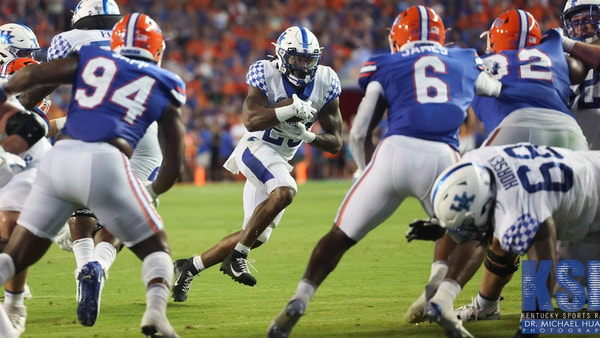
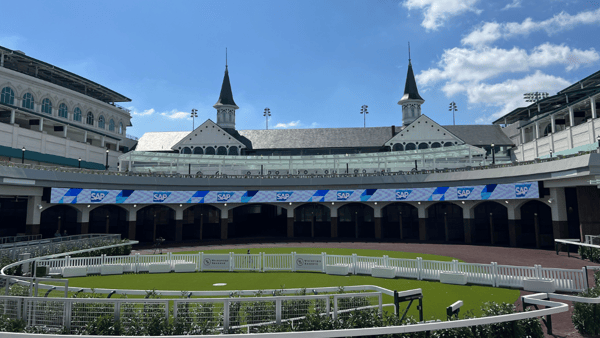
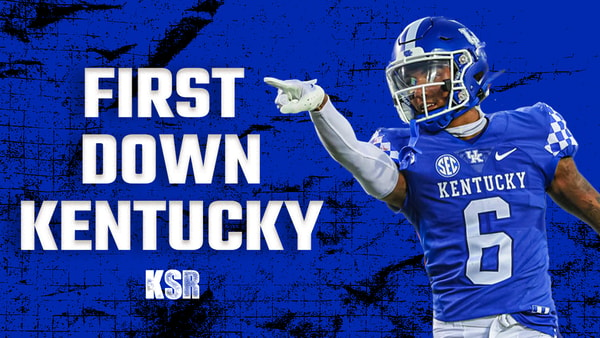
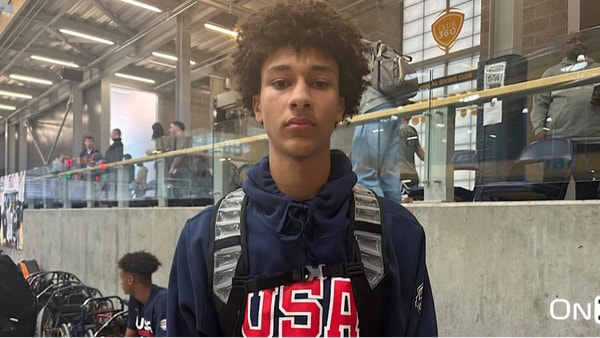
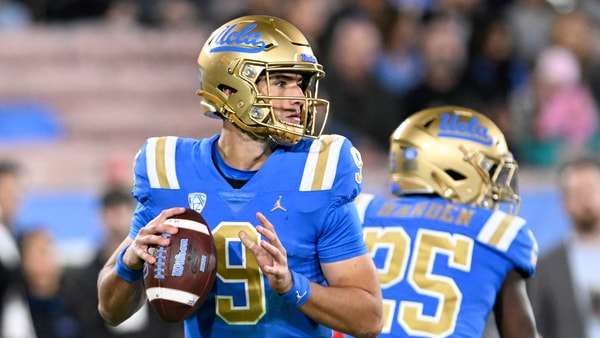
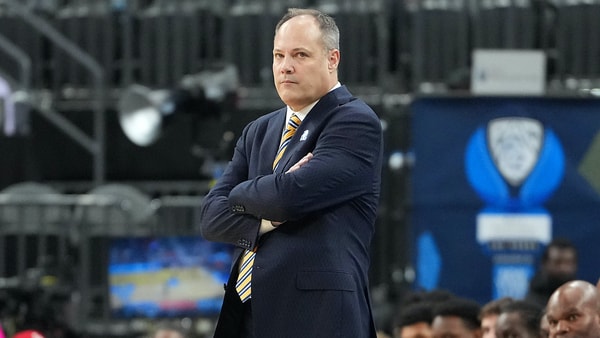
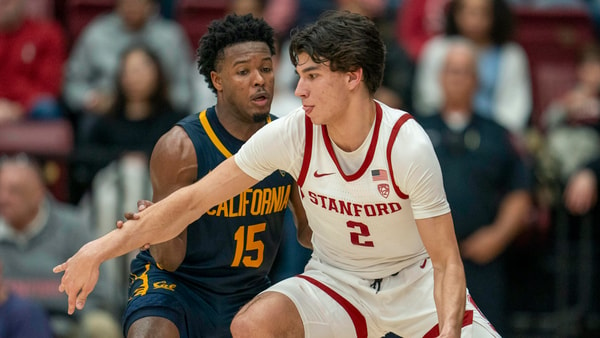
Discuss This Article
Comments have moved.
Join the conversation and talk about this article and all things Kentucky Sports in the new KSR Message Board.
KSBoard